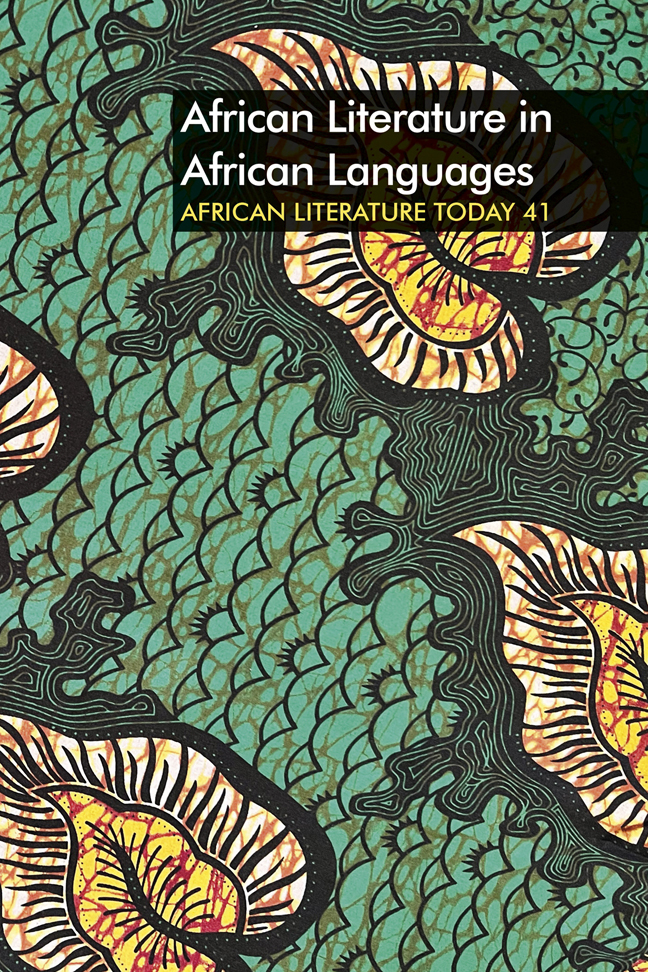Reclaiming the Muted Voices of Xhosa Literature: A Personal Testament
Published online by Cambridge University Press: 22 February 2024
Summary
A proper history of literature in the Xhosa language of South Africa has yet to be written. The majority of the few attempts at a coherent narrative tend to commence with original literature published in book form in the first decade of the twentieth century, usually with H.M Ndawo's novel Uhambo lukaGqoboka in 1909. My own research has served to extend the range of literary expression in Xhosa backwards, to 1837 in the case of literature in print, with the appearance of the first periodical, Umshumayeli wendaba, and potentially further still in the case of traditions of oral poetry, izibongo. What follows is a brief account of my journey, and its accomplishments in restoring the voices and reputations of major authors overlooked by African literature scholars in the past as well as in the present.
My journey as a scholar began with Arts and Science degrees in English and Mathematics from the University of Cape Town. Attracted by pre-Conquest English literature, I proceeded to MA and PhD degrees; my doctoral dissertation compared the South Slavic, Homeric, and Xhosa traditions of oral poetry, expressing my growing interest in the development of literatures from the oral to the written state. The Xhosa sections drew on fieldwork with Xhosa oral poets, iimbongi, commencing in 1969. The fieldwork and collection of oral poetry, izibongo, were initially designed to shed light on preliterate Anglo-Saxon poetry, but in time my focus shifted to the study and collection of oral Xhosa izibongo in its own right, an enterprise that continued through to 1988. As an adjunct to this research, I began to focus on izibongo in traditional form in published books, and this focus in turn extended in time to the study and collection of Xhosa poetry, and literature in general, in vernacular periodicals. My field recordings of oral performances of izibongo, and interviews with over a hundred iimbongi, together with books in Xhosa and copies of Xhosa literature culled from ephemeral publications, form the core of The Opland Collection of Xhosa Literature.
With the exception of A.C. Jordan's unfinished series of twelve articles, published in Africa South between 1957 and 1960 under the title ‘Towards an African Literature’, scant attention had been paid to newspapers as a vehicle of Xhosa literature. The copies of newspaper literature in my Collection were culled from surviving Xhosa or multilingual periodicals published between 1837 and the mid-1950s.
- Type
- Chapter
- Information
- ALT 41 , pp. 77 - 92Publisher: Boydell & BrewerPrint publication year: 2023



